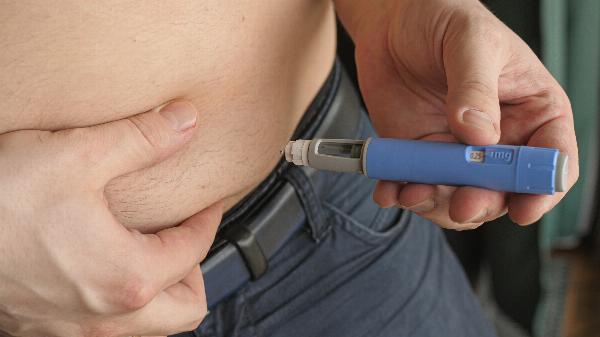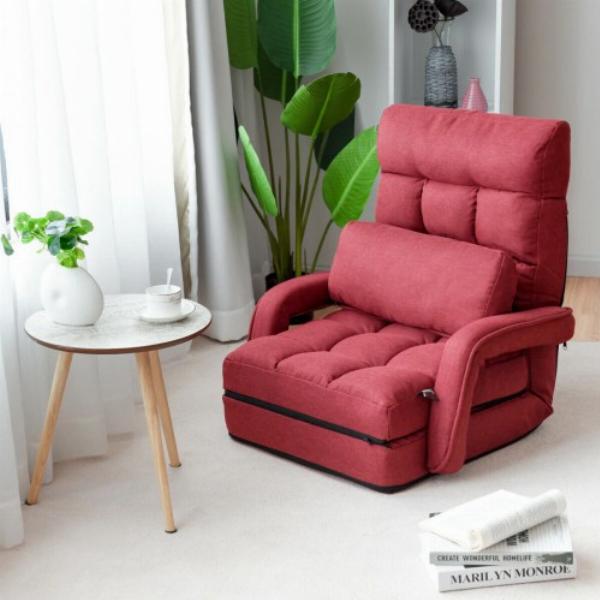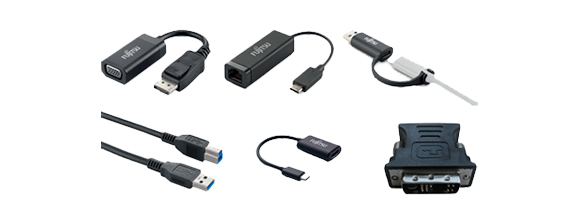Addressing TMJ Symptoms in Individuals with Sleep Apnea: A Comprehensive Guide to Treatment and Relief
Temporomandibular Joint (TMJ) disorders and sleep apnea may seem like two separate conditions—but they’re often deeply connected. Many individuals with sleep apnea also experience TMJ-related symptoms like jaw pain, clicking, or headaches. This overlap is not just coincidental; both conditions can influence and worsen each other.
In this blog, we’ll explore the link between TMJ disorders and sleep apnea, the symptoms to watch for, and effective treatment approaches—such as affordable TMJ treatment in Fursungi—to help you sleep better and live more comfortably.
🦷 What Is TMJ Disorder?
TMJ disorder (or TMD) affects the temporomandibular joint, which connects the jawbone to the skull. It helps in everyday functions like chewing, speaking, and yawning.
Common TMJ symptoms include:
Jaw pain or stiffnessClicking or popping sounds in the jawHeadaches or facial painDifficulty opening or closing the mouth fullyPain in the neck, shoulders, or ears😴 What Is Sleep Apnea?
Sleep apnea is a sleep disorder where breathing repeatedly stops and starts during sleep. The most common type is obstructive sleep apnea (OSA), which occurs when the throat muscles relax and block the airway.
Symptoms of sleep apnea include:
Loud snoringGasping or choking during sleepMorning headachesDry mouth or sore throat upon wakingDaytime fatigue or poor concentration🔗 How Are TMJ and Sleep Apnea Connected?
Jaw Position Affects the Airway
People with sleep apnea often have a jaw that rests too far back during sleep, narrowing the airway. This can place stress on the TMJ and surrounding muscles.
Clenching and Grinding (Bruxism)
Sleep apnea is frequently associated with nighttime teeth grinding, which puts enormous pressure on the jaw joint, leading to inflammation and pain.
Muscle Tension from Interrupted Sleep
Poor sleep quality increases muscle tension and sensitivity, including in the jaw and neck. Over time, this can trigger or worsen TMJ symptoms.
Mouth Breathing and Jaw Strain
Individuals with sleep apnea may breathe through their mouth during sleep, which can cause dryness and strain the jaw muscles, especially if the mouth remains slightly open throughout the night.
🧠 Recognizing Combined Symptoms
If you have both TMJ issues and sleep apnea, you may experience:
Jaw pain that worsens in the morningFrequent morning headachesDisrupted or poor-quality sleepEar pressure or ringingClicking jaw with breathing difficulties at night✅ Treatment Options for Managing TMJ in Sleep Apnea Patients
Oral Appliances for Sleep Apnea
Custom-fitted mandibular advancement devices (MADs) help move the jaw slightly forward to keep the airway open during sleep. When designed properly, they can reduce both apnea episodes and jaw tension.
Important: The device must be crafted with both airway support and TMJ comfort in mind to avoid worsening joint issues.
TMJ-Focused Physical Therapy
A physiotherapist can provide:Muscle relaxation techniquesJaw alignment exercisesPosture trainingThese therapies relieve pressure on the jaw and improve function, reducing both pain and the impact of sleep disruptions.
Stress Management and Sleep Hygiene
Both TMJ pain and sleep apnea can be aggravated by stress. Managing daily tension with:
Deep breathing exercisesMeditation or yogaRegular sleep schedulescan improve symptoms of both conditions.
Night Guards or Splints
For those who grind their teeth, TMJ night guards can protect the joint from pressure. However, they are different from sleep apnea appliances—consult your dentist to ensure you’re using the right device based on your specific diagnosis.
Lifestyle ModificationsSleep on your side instead of your back to reduce airway obstructionMaintain a healthy weightAvoid alcohol or sedatives before bed, as they relax airway musclesReduce hard or chewy foods if TMJ symptoms are severe👨⚕️ Who Should You See?
If you suspect you have TMJ symptoms and sleep apnea:
Visit a dentist or TMJ specialist for an oral evaluationConsult a sleep specialist or undergo a sleep study to confirm apneaWork with both experts to create a combined care plan tailored to your needsConclusion
TMJ symptoms and sleep apnea often go hand in hand, creating a cycle of discomfort, disrupted sleep, and reduced quality of life. But the good news is—they can be treated together with the right approach.
If you’re waking up with jaw pain, headaches, or feeling tired despite a full night’s sleep, don’t ignore the signs. A multi-specialty treatment plan involving dental care, sleep therapy, and lifestyle changes can restore restful sleep and bring relief from jaw pain.
For those seeking affordable TMJ treatment in Fursungi, expert care is within reach—so you can breathe easier, sleep better, and live pain-free.
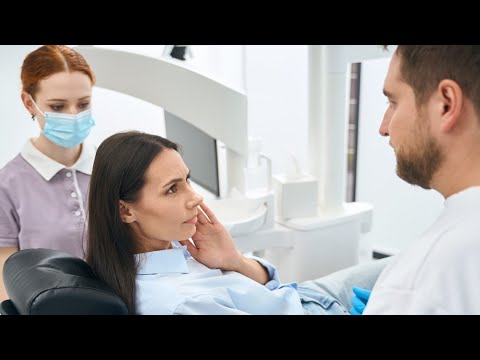

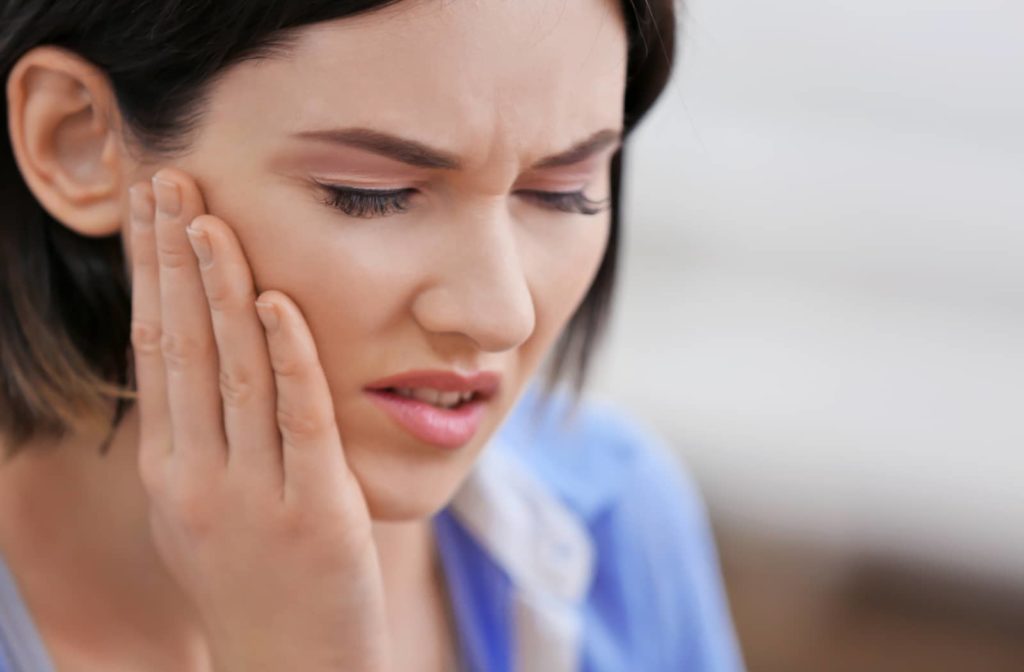
This comprehensive guide provides insightful directions for managing TMJ symptoms in individuals with sleep apnea, integrating both treatment approaches and self-care strategies to achieve measurable relief. The information is well researched yet accessible making it a valuable resource.
This comprehensive guide offers a dynamic approach to alleviate TMJ symptoms in individuals with sleep apnea, blending current research-backed treatments and personalized lifestyle advice for effective long term relief.
This comprehensive guide offers a valuable insight into handling TMJ symptoms among individuals with Sleep Apnea, combining treatment strategies and relief methods that may not have been previously considered. It is an informative resource for patients seeking holistic solutions.
This comprehensive guide provides a multifaceted approach to addressing TMJ symptoms in individuals with sleep apnea, offering insightful treatment recommendations and practical strategies for relief. The comparative analysis between the two conditions' interplay is particularly valuable.
This comprehensive guide provides invaluable insights on addressing TMJ symptoms among individuals with sleep apnea, offering a multi-faceted approach to treatment and relief that is both evidence based yet practical for patients. It deserves recognition as an essential resource.






